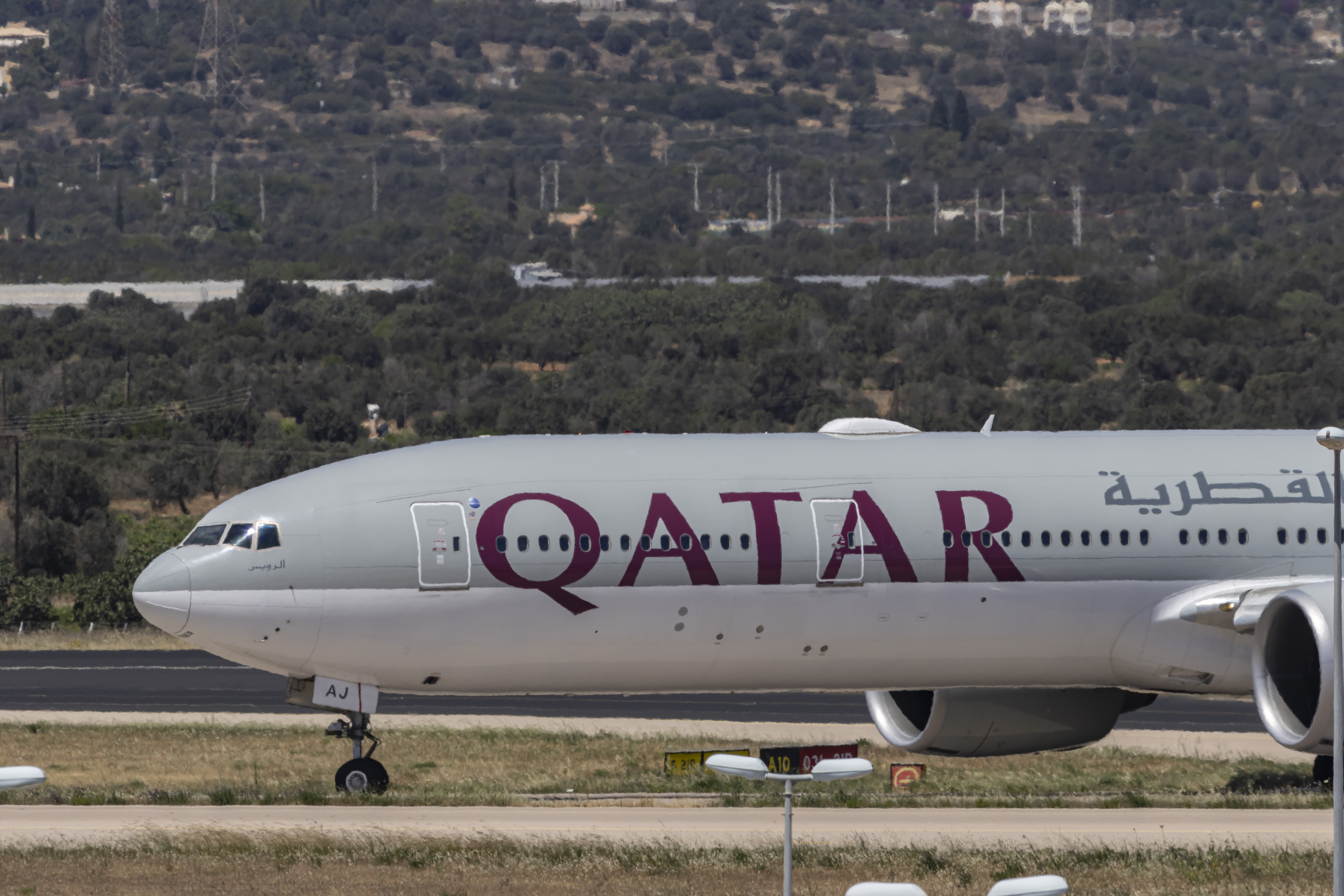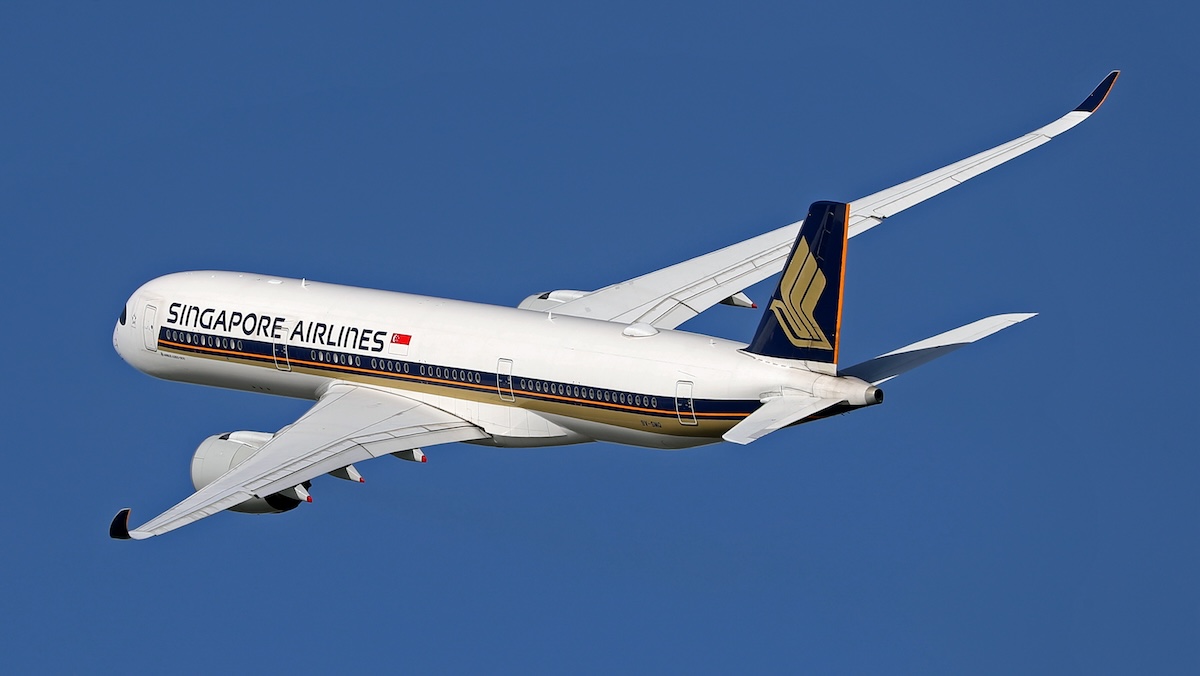Anxiety is in the air — literally — for many people flying out of airports nationwide as the busy summer travel season arrives. That’s why two air travel experts spoke at a gathering called “Is Air Travel Safe?” in San Francisco on Tuesday.
Incidents like the Singapore airlines jet that hit severe air turbulence, leaving more than 100 people injured and one dead from a heart attack, can induce anxiety in some travelers planning to go by air.
“In focus groups, we are hearing people say, ‘I am more anxious about flying,’” said Henry Harteveldt with the Atmospheric Research Group.
Part of the estimated 20% increase in planes experiencing extreme turbulence is climate change destabilizing the jet stream.
“There is the thought that we will see more and more severe turbulence like that,” said Doug Yakel, the Public Information Officer for the San Francisco International Airport. “Because the jetstream is essentially getting supercharged by climate change.”
It’s not just turbulence causing anxiety in the air. Boeing, the leading manufacturer of commercial jetliners, is contributing as well.
“People are anxious about the 737 Max,” Harteveldt said. “That’s what I hear the most. They are just concerned about that plane’s safety, still.”
The two experts agree: the Federal Aviation Administration has successfully addressed the recent pilot shortage and is now working on an air traffic controller shortage.
NBC Bay Area spoke with some people at SFO Tuesday night.
Get a weekly recap of the latest San Francisco Bay Area housing news. Sign up for NBC Bay Area’s Housing Deconstructed newsletter.
“You just gotta keep your seatbelt on,” said San Jose resident Francis Ogbogu. “I’ve traveled enough to know you can weather through it and the pilots know what they’re doing.”
There’s also some good news, according to the experts. Technology is being developed that will allow pilots to detect clear air turbulence, the kind they currently can’t see and has been causing so many recent problems.
“By using technology such as components of artificial intelligence — as well as other technologies — to look at weather systems, look at wind patterns and more. And say, ‘there’s clear air turbulence here. Avoid it!” Harteveldt said.
“The fact is that air travel is safer than it’s ever been before,” Yakel said. “2023 was the safest year in the history of aviation for air travel.”



